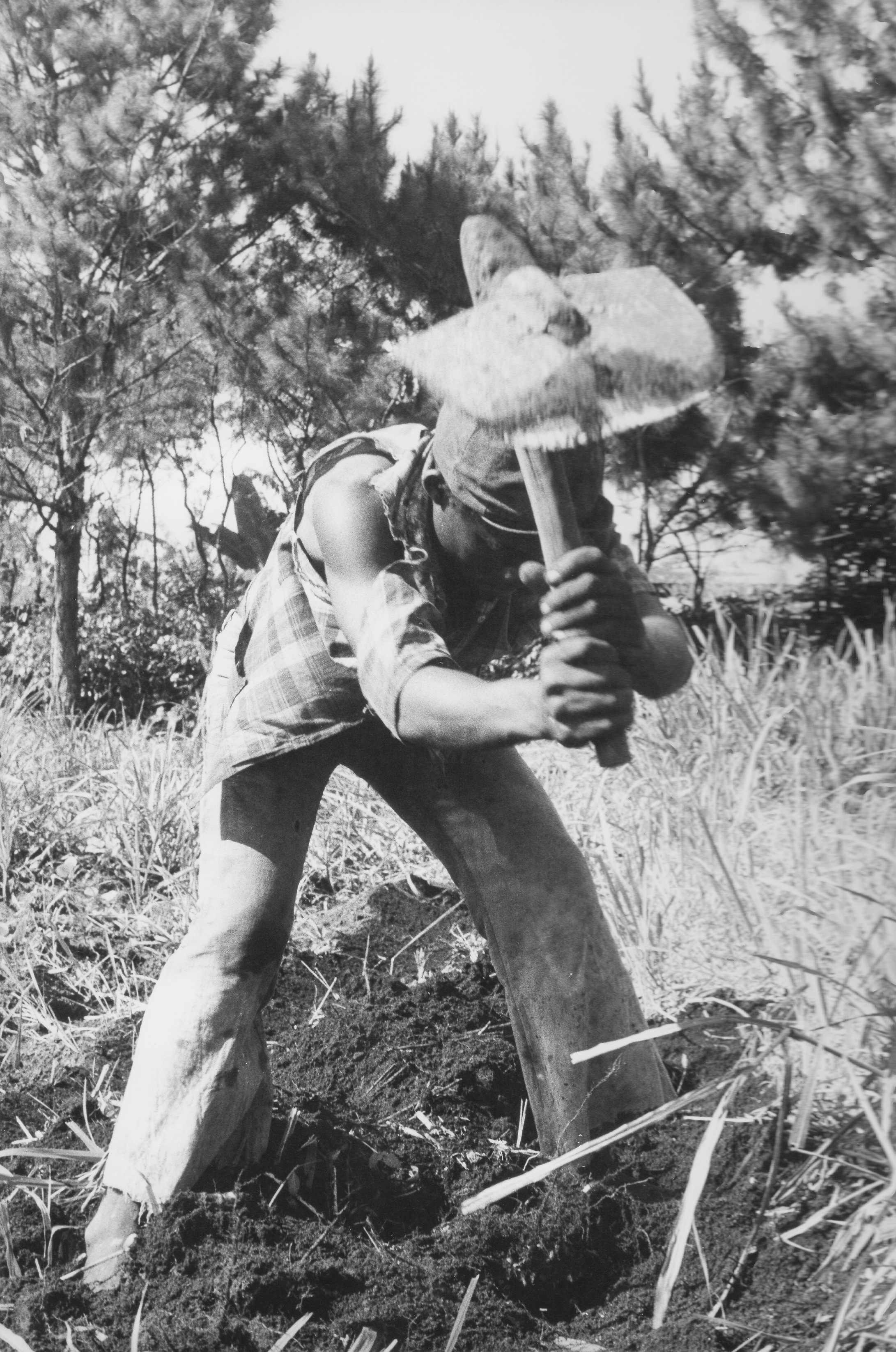
Sustainable world food supply
26 mei 2016Expectations for 2050 are that the world population will have grown to 9 billion people, and that continuation of the current use of land will lead to large food and water shortages. Those shortages possibly will be much greater than in 2008, when high food prices led to food riots and unrest in Asia and Africa. In a report in 2013 on the fight against poverty the World Bank has stressed therefore, that countries should invest much more in agriculture.
The Green Revolution in the sixties began in Mexico and has helped at that time , especially in Asia (China, Indonesia and India) to become self-sufficient by increasing crop yields. Which were made possible by the introduction of other (and new) varieties and kind of crops, fertilizers, pesticides and irrigation techniques.
Many of these solutions have for various reasons also shown their downside.
The steady increase in the world therefore demands new solutions and insights, perhaps especially in the Sub-Saharan region of Africa where the Green Revolution of the time and thus the food security is greatly retarded.
Also climate change demands increasingly its toll in agriculture, especially in the drier areas.
At the same time there is an increasing knowledge development and innovation in specific countries and regions. But those are for various reasons not available or applicable for every farmer and gardener.
In recent years, both in scientific circles and outside a lot of – mostly varying – theories have been developed about how to feed the world in the future. The current fluctuations in food production and prices and the more and more noticeable consequences of climate change on agriculture have still once more additionally enlarged the concerns about food security in the world.
The world food supply gets also from trade and industry in the field of raw material , pesticides , fertilizers and engineering more and more attention. Everyone does it mostly from the own vision.
For smaller companies operating in the field of water management (irrigation, desalination of salt water, drip irrigation), agricultural mechanisation, cattle breeding, consultancy, etc. on the one hand and farmers and gardeners in third countries on the other hand, there are more and more opportunities and challenges. The economic growth in 14 African countries is more than 6 % since 2007 and according to the IMF the ten fastest growing economies in the world in the coming years consist mostly from African countries.
Sustainable Food Supply Foundation has developed a draft program for an international two-day conference about “Sustainable World Food Supply”. The concept lends itself very well to cooperation with embassies, farmers organizations and governmental representatives of European, Asian, African and Latin American countries, the United Nations, the World Bank, the IFAP, scientific institutes and other organizations.
Aim of this conference is to stimulate a broadly supported vision on a sustainable World Food Supply that is based on the interest of big and small farms as well as on the environment and biodiversity.
During the conference keynote speakers of several countries of the mentioned continents will have the opportunity to present their actually realized project examples, showing that a sustainable and regional approach pays and motivates.
Also the increase of the purchasing power of farmers and food processors is key, because than more basic needs may be secured in a cheaper way. The possibilities of investments (‘bankability ‘) of these groups is thus increased, partly by reducing the risks. Food growing and processing will be more enjoyable by sharing experiences and knowledge and better and available techniques and materials that are less harmful to the environment and health. And especially by a (re-) living soil!
At the two-day conference will also be an information market linked. There will be industry, research, consultancy and knowledge institutes provide table -top presentations.
Dates and location still to be determined.
The working languages of the conference are English and French.
On this website we will always keep you informed.
Sustainable Food Supply Foundation,
Bertus Buizer, Chairman


